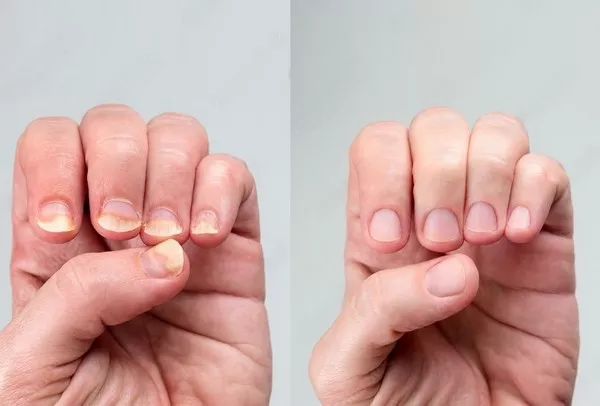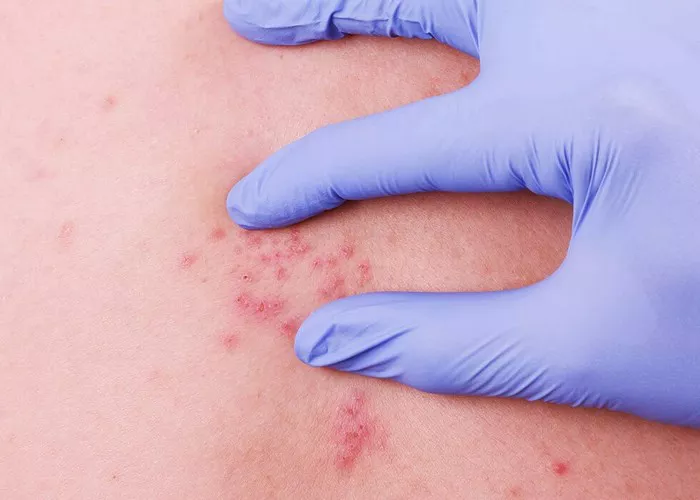In a recent revelation by skin care specialist Dr. Mahsa Saleki of SAS Aesthetics in the United Kingdom, the potential for a low-cost beauty remedy tucked away in household medicine cabinets has been brought to light.
Dr. Saleki advocates for the use of aspirin as a skincare solution, suggesting it can combat acne effectively. She attributes this efficacy to the presence of “pure salicylic acid” in aspirin, a compound commonly found in various acne medications. Salicylic acid, renowned for its anti-inflammatory, antibacterial properties, and exfoliating effects, is naturally occurring in plants such as willow bark, as reported by Medical News Today. However, Dr. Saleki emphasizes the importance of conducting a patch test to check for allergic reactions before applying aspirin topically.
It’s worth noting that while aspirin does derive from willow bark, it contains acetylsalicylic acid, not salicylic acid, as clarified by board-certified dermatologist Dr. Amelia Hausauer. Acetylsalicylic acid necessitates breakdown to release salicylic acid, alongside acetic acid, which may exacerbate irritation or induce adverse reactions, particularly at higher concentrations.
The recommended method involves creating an aspirin paste by crushing tablets and mixing them with warm water for application onto pimples. Despite anecdotal claims, Healthline reports a lack of evidence supporting the effectiveness of topical aspirin in treating acne. While a 2015 study suggests aspirin paste’s potential for treating viral rashes, its efficacy in addressing acne remains unexplored.
Moreover, Dr. Saleki extends skincare advice pertaining to pre and post-workout routines. She stresses the importance of sunscreen application during outdoor exercise to mitigate accelerated skin aging caused by UV radiation’s collagen and elastin breakdown, leading to fine lines, wrinkles, and sagging skin.
Furthermore, she advises thorough post-workout facial cleansing to remove sweat, dirt, and bacteria accumulation, which, if left unchecked, can obstruct pores and instigate acne development through inflammation and infection.
Lastly, Dr. Saleki recommends abstaining from makeup application during gym sessions, highlighting its potential to clog pores and exacerbate acne issues.
Dr. Saleki’s insights shed light on accessible skincare practices that warrant consideration for individuals seeking cost-effective solutions and enhanced post-workout skincare regimens.


























